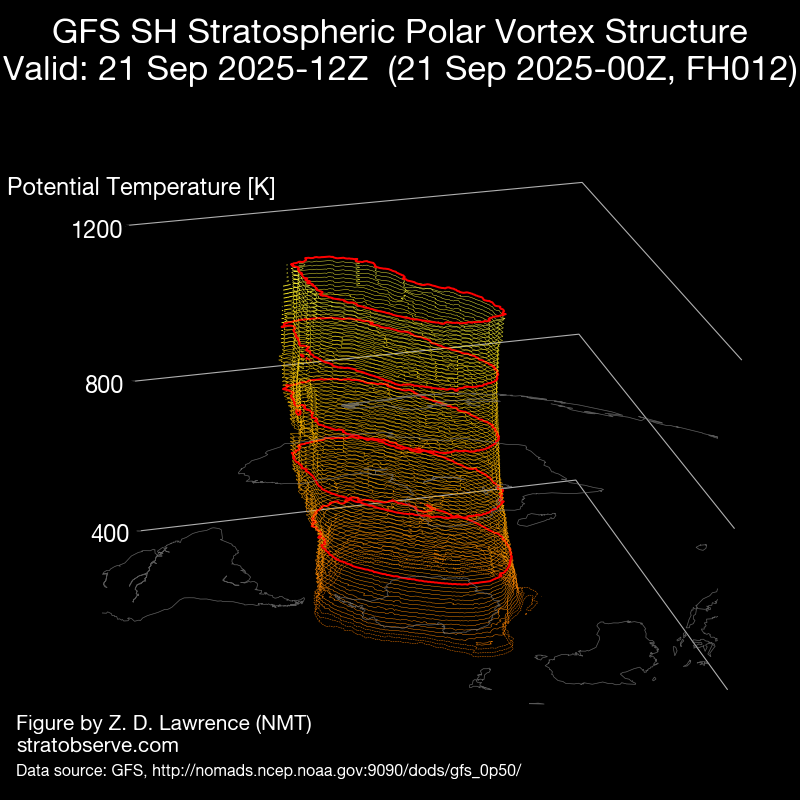Severe Thunderstorms Likely for Victoria & Southern NSW Today
- Weatherwatch
- Aug 25, 2024
- 3 min read
Prepare for Severe Storms
Victoria and southern NSW are bracing for a significant severe weather event today, with the potential for widespread damaging winds, large hail, and even destructive gusts in some areas. This is not a typical storm setup for this time of year meaning it's important to stay informed and prepared.

ACCESS G CAPE with 850-500mb winds for Victoria at 4pm today. Source: Weatherwatch MetCentre
An Upper Cold Pool, Unseasonal Warmth & Humidity is Driving Today's Severe Storms
The driving force behind today’s storms is a powerful upper cold pool of air, part of the same system that brought damaging winds to southwestern Western Australia just yesterday. However, unlike the winds driven directly by a cold front, today’s threat comes from intense thunderstorms. Adding to the mix is the not only above average warmth across eastern Australia - but the elevated levels of moisture for August which typically brings drier, northerly winds.

Water Vapor image showing the upper low southwest of Adelaide with 500mb temperatures overlaid. Source: Weatherwatch MetCentre
At the same time, high levels of low-level moisture are present across inland NSW from overnight and morning rain. Northerly winds are accelerating ahead of the approaching front, rapidly dragging moisture southwards into Victoria ahead of the upper cold pool and mid-level convection.

ACCESS G Dew Point & Surface Wind Barbs showing moisture pushing down from the rain in NSW into Victoria. Source: Weatherwatch MetCentre
Mid-Level Storms May Become Surface Based Increasing Intensity
A common setup in these conditions is the development of mid-level storms, known as elevated or high-based storm activity. These storms, though typically smaller and less organized, can still be severe—especially when the winds they produce collide with more unstable surface air.
As the cold pool approaches, we’re seeing the potential for CAPE (Convective Available Potential Energy) to increase significantly—from less than 100 J/kg (barely unstable) to nearly 1000 J/kg. While this level of instability isn’t as extreme as in the peak of summer, it’s more than sufficient to fuel severe storms, especially with the presence of strong wind shear. This wind shear is a key ingredient that can turn these storms into powerful systems capable of producing damaging winds.
ACCESS G sounding for Seymour (central Vic) at 10am and 4pm today. Note the increase in low level moisture which significantly increases instability and the presence of very strong wind shear. Source: Weatherwatch MetCentre
Widespread Damaging Winds Possible - Large Hail Also Likely, but More Isolated
By far the main concern today is the potential for widespread damaging wind gusts thanks to the strong wind shear and the fast movement of storms. In some cases storms may move E/SE at 100-120km/h! However, large hail will also be possible in some storm activity but will be more isolated. However, the threats do include the populated Melbourne metropolitan area (particularly for winds).
Pay Attention to the Weather & Warnings
Fortunately since the storms (while potentially being quite significant) should be quite brief and favour the afternoon to evening period, most people can go about their day as usual by taking just a few simple precautions:
Businesses can consider what they need to do to protect their assets should damaging winds occur at their premises.
Residents can secure loose items on the property
Motorists can avoid parking under trees and try and shelter their car undercover if possible
Take shelter before the storms hit
You can track severe storms on the radar, either by using a simple radar such from the BoM, or a full-featured radar such as MetCentre which contains automated severe thunderstorm tracking and warning displays.







